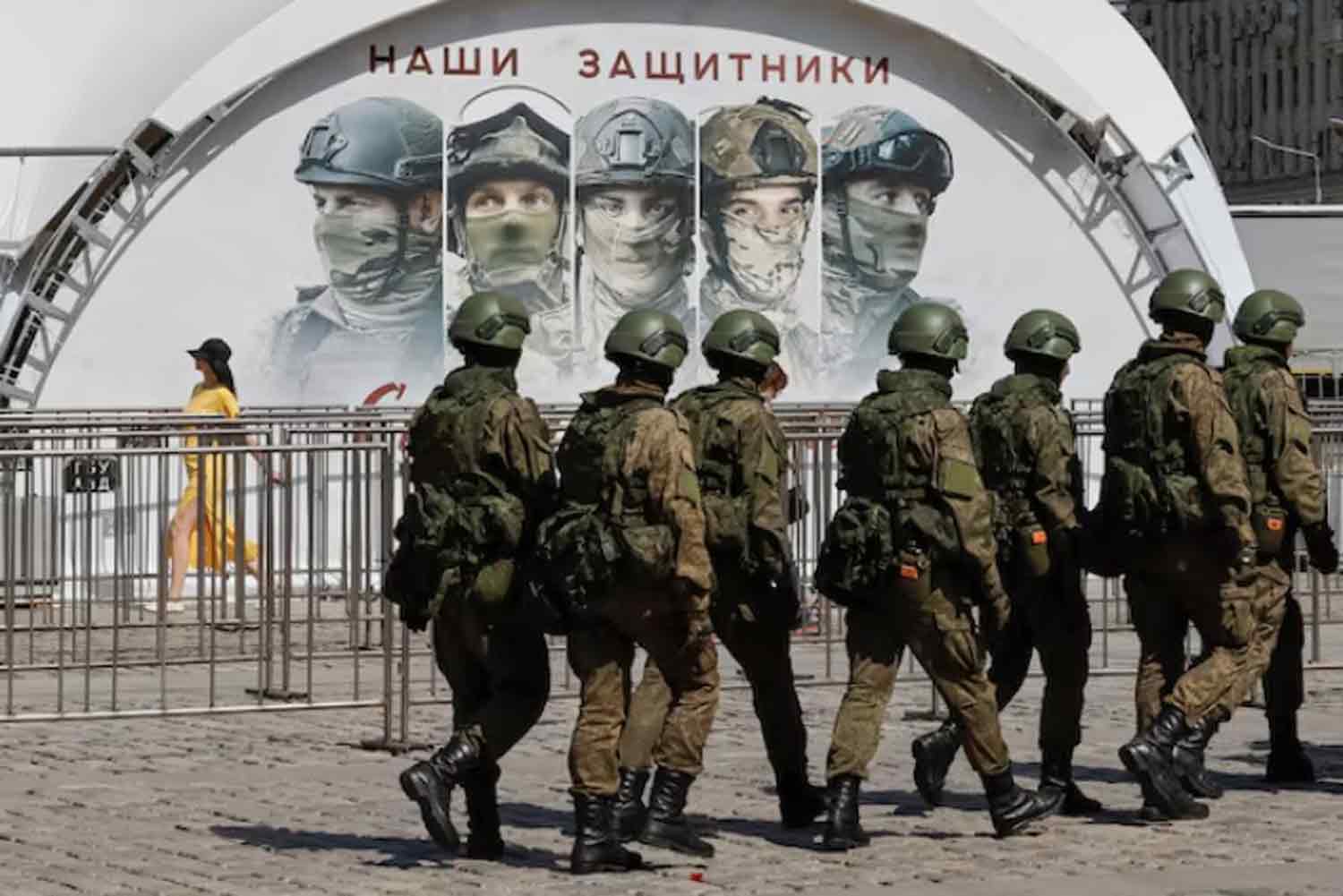The phrase “Our leader forever” was a common slogan in Syria during the presidency of Hafez al-Assad, the father of the current Syrian president.
The notion that the somber and serious Syrian leader would achieve immortality became a source of dark humor among many Syrian in the late 1980s and early 1990s.
Hafez al-Assad passed away in June 2000, proving he was not, in fact, immortal.
Nevertheless, his regime continues under the rule of his son, Bashar al-Assad.
There were times when the survival of Bashar’s regime appeared uncertain. During the Arab Spring in 2011, which saw the fall of autocrats in Tunisia, Egypt, and Libya, and sparked widespread protests in Yemen, Bahrain, and Syria, many began to speculate about the end of the Assad dynasty.
However, Syria’s allies—Iran, Hezbollah from Lebanon, and Russia—intervened to support the regime. In recent years, the conflict in Syria has remained stagnant, characterized by a corrupt and brutal regime in Damascus facing a fragmented and often extreme opposition.
Once isolated by other Arab leaders, Bashar al-Assad has slowly begun to regain a measure of the dubious respect that Arab regimes extend to one another.
Was the harrowing chapter of the Syrian civil war nearing its conclusion? Had Bashar al-Assad emerged victorious?
This was the prevailing belief among many, even though significant portions of Syria remained under the control of a US-supported Kurdish militia and Sunni factions backed by Turkey. Additionally, the regime was sustained by Hezbollah, Iran, and Russia, while the US maintained influence in eastern Syria. Israel continued to conduct airstrikes at will, and although ISIS had been largely defeated, it still executed sporadic attacks.
The mere fact that the government in Damascus had endured through such turmoil was seen as a notable achievement.
However, this perception of regime triumph was abruptly disrupted this week when the opposition, spearheaded by the former al-Qaeda affiliate Jabhat al-Nusra—now known as Hay’at Tahrir al-Sham—initiated an offensive from Idlib province, rapidly advancing to the heart of Aleppo within just 72 hours.
By Saturday evening, social media accounts from Syria were abuzz with reports of government forces disintegrating across the northern regions, as rebels made significant strides toward the central city of Hama. This city was historically significant, as it was the site of a brutal crackdown in early 1982, when Bashar’s father ordered the military and intelligence services to eliminate thousands of opponents, quelling an uprising led by the Muslim Brotherhood.
What caused this sudden shift in momentum within just a few days?
The most apparent reason is that Syria’s principal allies—Russia, Iran, and Hezbollah—are currently facing their own challenges and have become complacent.
Hezbollah, which had been instrumental in supporting the regime during the most challenging periods of the civil war, withdrew most of its forces after October 7, 2023, to engage in conflict with Israel, which has since decimated much of the group’s senior leadership.
Russia, which had been pivotal in reinforcing the Damascus government since deploying troops and aircraft to Syria in September 2015, has now shifted its focus primarily to the war in Ukraine. Meanwhile, Iran’s advisors and installations in Syria have faced frequent assaults by Israel over the past year.
The fundamental reality of longevity cannot be overlooked. The Assad dynasty has maintained its grip on power for 53 years, beginning in 1971. While this endurance is notable, it has little else to demonstrate for its tenure.
Chronic corruption and poor governance have plagued the economy long before the civil war erupted in 2011. Since that time, the situation for the average Syrian has deteriorated significantly. The conflict has resulted in hundreds of thousands of fatalities, with millions more either displaced within the country or forced to seek refuge abroad.
Throughout its rule since 1971, the Assad dynasty has navigated various internal and external challenges, managing to persist. However, history shows that no regime or leader is eternal. Ultimately, all things must come to an end.
Discover more from Defence Talks | Defense News Hub, Military Updates, Security Insights
Subscribe to get the latest posts sent to your email.





